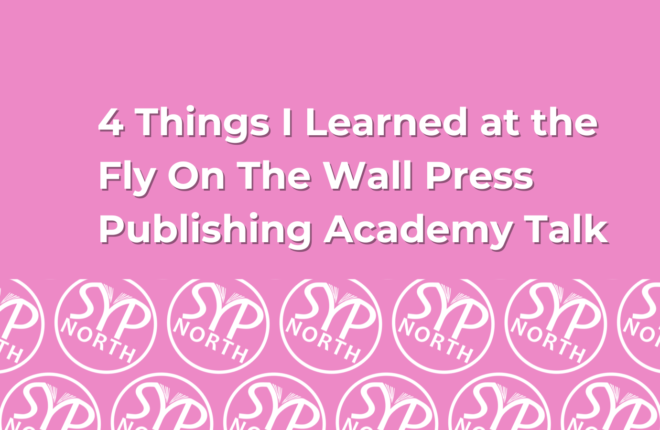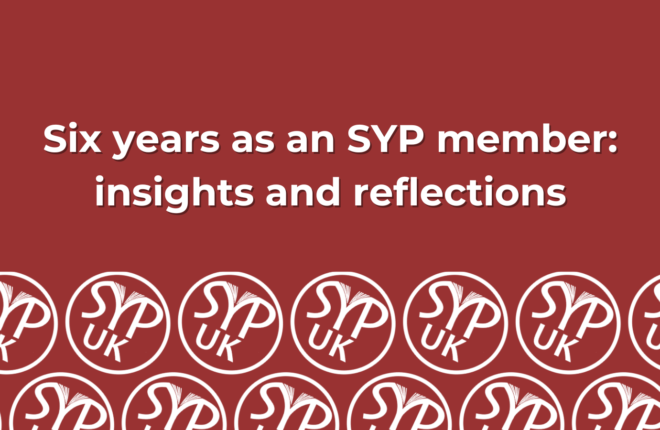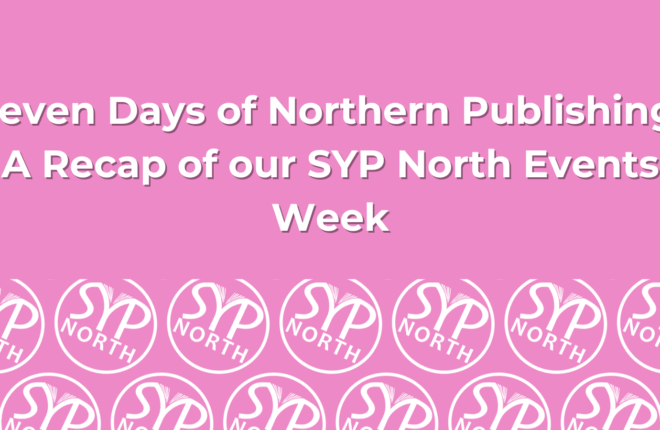
Playing to Your Strengths: Transferable Skills for a Career in Publishing
Posted on May 15, 2023 in North, UK

Are you looking to start a career in the publishing industry, but concerned that you may not have the necessary experience? Don’t worry – you might already have transferable skills that are highly valuable! In the publishing industry, there are a range of roles that require a variety of skill sets. While experience in publishing is certainly helpful, it is not the only way to enter the industry. In fact, many transferable skills that are crucial for success in publishing can be developed in other jobs, during education, or in your own time.
What are soft and hard skills:
Before you sit down and try to list every transferable skill you have, it is useful to first understand the difference between hard and soft skills. Hard skills can be defined as job-specific knowledge and are often listed on job adverts as required or desirable skills for a candidate. These skills can be taught through education, work experience, or through training. Soft skills however are personal traits that can be developed throughout your professional and personal life. Below are some examples of hard and soft transferable skills that you may already possess:
Soft skills:
- Communication: effective communication is a key skill that enhances collaboration, relationship-building, and problem-solving.
- Critical thinking: this skill shows your ability to make informed choices by approaching challenges thoughtfully. Critical thinkers can come up with creative solutions and think outside the box.
- Initiative: this is a valuable transferable skill as it can demonstrate proactiveness, self-motivation, and the ability to take ownership of responsibilities.
- Teamwork: a useful skill for all job roles that shows your ability to work effectively with others, achieve collective goals, and contribute to the success of your team.
- Time management: effective time management enhances productivity, your ability to meet deadlines, prioritisation of tasks, and efficient decision-making. The ability to optimise your time and meet your objectives is a very valuable skill in fast-paced work environments.
Hard skills:
When thinking about what transferable hard skills you might have, it is important to note that desired skills may vary depending on the publishing role you are applying for (editorial, production, marketing, etc.) and the type of publisher you’re applying to (trade, academic, independent, etc.). When you come across a job opportunity you’re interested in applying for, you should read through the description carefully to pick out specific skills that are needed. Some examples of hard skills include:
- Copy editing and proofreading: an essential skill for ensuring copy is accurate. This skill involves knowledge of grammar, spelling, and punctuation, and you must have good attention to detail.
- Data analytics: Proficiency in data analytics tools like Excel or Google Sheets, as well as a familiarity with analytics platforms, can help publishers gather insights, track sales data, monitor marketing campaigns, and make data-driven decisions, making it a very valuable skill.
- Digital publishing tools: An awareness of digital publishing tools and platforms, such as e-book creation software and online distribution platforms is crucial if you’re interested in a role publishing e-books and digital content.
- Metadata and SEO: Creating and optimising metadata, including book descriptions, keywords, and categories, is important for improving discoverability and search engine optimisation (SEO). Understanding metadata standards and tools like Google Analytics can enhance marketing within the industry.
- Typesetting and design: Knowledge of typesetting and layout principles as well as proficiency in software like Adobe InDesign is valuable for creating visually appealing print and digital publications.
What is a career journal:
A useful way to document any transferable skills you gain through jobs, training, or personal development, is to keep a career journal, which could be a physical or electronic document! I started my journal last year and this has really helped to keep me motivated on my journey to a publishing career. Some ways you can use a career journal include:
- Document career goals and objectives
- Reflect on areas of your skill set that are lacking or could use further development
- Record achievements, such as job changes, promotions, positive career-related feedback
- Notes from training or professional development
- Interview preparation and notes/ reflections post-interview
- List contacts and networking opportunities pursued
By keeping a career journal, you can gain greater self-awareness and track your progress. It is also a useful tool to refer back to when you need to update your CV or prepare for a job interview!
Remember, the publishing industry values a diverse set of skills (many more than I’ve listed here!), and by highlighting your transferable skills, you can position yourself as a capable and adaptable candidate. So, don’t underestimate the power of your existing skills and the potential for growth and success in this dynamic field. With the right combination of transferable skills and a passion for publishing, you can embark on a rewarding career journey!




 Listen to the podcast
Listen to the podcast  Explore the Youtube channel
Explore the Youtube channel